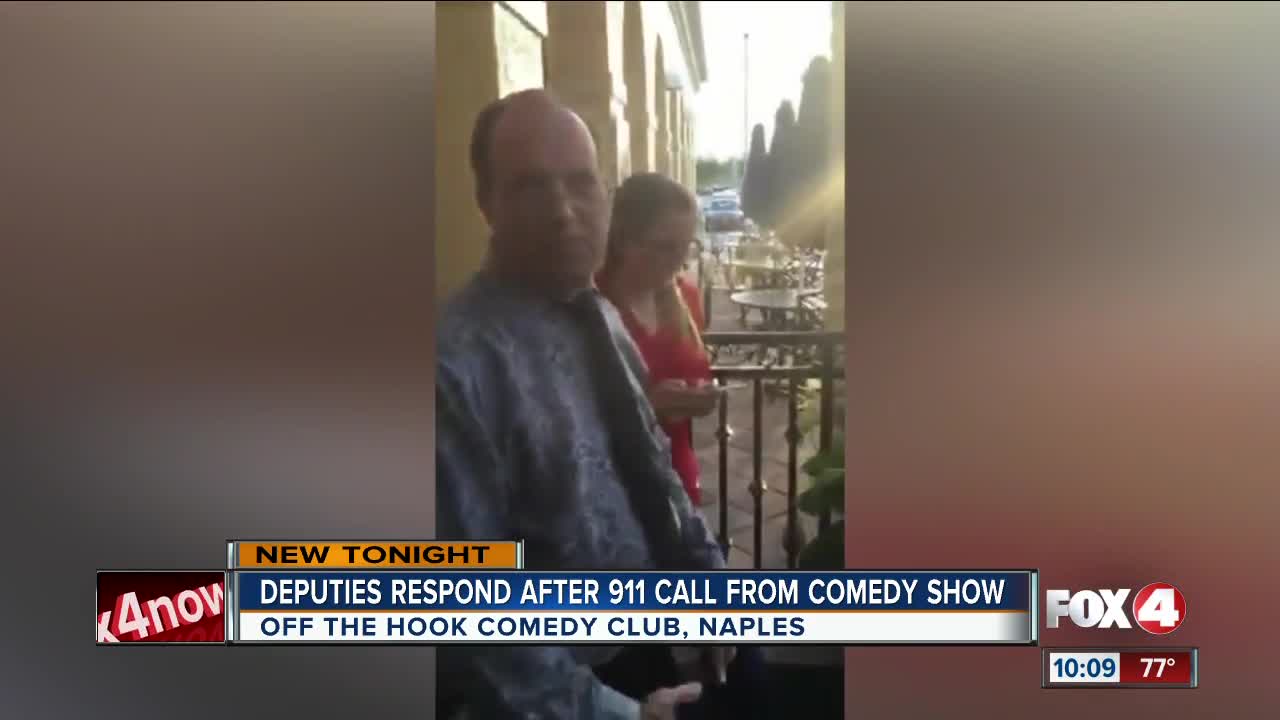Humor can be a coping mechanism, a way for people to process their emotions and experiences. This is especially true for dark humor, where laughter emerges from the shadows of tragedy. 911 jokes are a unique form of this humor, often eliciting mixed reactions from audiences. While some individuals find solace in these jokes, others view them as offensive and inappropriate. The complexity behind 911 jokes reflects the delicate balance between humor and sensitivity, especially following real-life disasters and crises.
When discussing 911 jokes, it’s essential to consider the origins and context surrounding them. The term “9/11” refers to the tragic events of September 11, 2001, when coordinated terrorist attacks killed thousands of people and left an indelible mark on American culture. In the aftermath, some individuals began to use humor as a means to cope with their grief and fear. However, the line between humor and insensitivity is often blurred, leading to heated debates about the appropriateness of such jokes.
Ultimately, the appeal of 911 jokes lies in their ability to provoke thought and spark conversations about tragedy, resilience, and the human experience. As we explore this complex topic, it’s crucial to maintain an open mind and recognize the diverse perspectives surrounding this form of humor. Let’s delve deeper into the world of 911 jokes, examining their impact, origins, and the ethical considerations involved.
What Are 911 Jokes?
911 jokes are a specific type of dark humor that references the events of September 11, 2001. These jokes often aim to create comedic relief through the absurdity of tragedy. They can range from light-hearted puns to more intense commentary about the events and the aftermath. The intent behind these jokes can vary; some seek to lighten the mood, while others may aim to critique societal responses to the tragedy.
Are 911 Jokes Offensive?
The offensiveness of 911 jokes is a subject of debate. For some, these jokes serve as a coping mechanism, allowing individuals to process their emotions and fears surrounding the events of 9/11. Others argue that making light of such a tragic event is disrespectful to the victims and their families. The perception of these jokes often depends on personal experiences and the context in which they are shared.
Who Finds 911 Jokes Funny?
Humor is highly subjective, and what one person finds funny, another may find deeply offensive. Generally, those who embrace dark humor may find 911 jokes appealing. This group often includes individuals who have experienced trauma and use humor as a means of coping. Additionally, comedians and performers may use 911 jokes in their routines to challenge societal norms and provoke thought.
What Are Some Famous 911 Jokes?
While it’s crucial to approach this topic with sensitivity, several well-known 911 jokes have circulated over the years. Here are a few examples:
- "Why did the hijacker take a bath? He wanted to make a clean getaway!"
- "I’m not saying I’m a bad pilot, but I did fail my 911 test!"
- "What’s the difference between a plane and a magician? A magician can make a plane disappear without killing thousands!"
These jokes often tread a fine line between humor and insensitivity, highlighting the complexities of dark comedy.
How Do Comedians Approach 911 Jokes?
Comedians often navigate the sensitive territory of 911 jokes with caution. Many comedians understand the potential backlash and tread lightly when incorporating such humor into their routines. Some choose to address the events directly, while others prefer to create abstract or metaphorical references. Ultimately, the key to successful delivery lies in the comedian's ability to gauge their audience and the overall context of the performance.
What Are the Implications of 911 Jokes on Society?
The implications of 911 jokes on society are multifaceted. On one hand, they can foster conversations about tragedy and resilience, encouraging people to confront their fears and emotions. On the other hand, they can perpetuate insensitivity and trivialize the experiences of those who suffered during the attacks. The challenge lies in balancing humor with compassion, ensuring that the jokes do not overshadow the gravity of the events.
Can Dark Humor Help in Healing?
Many psychologists argue that dark humor can be a valuable tool for healing. By allowing individuals to laugh at their fears and anxieties, dark humor can create a sense of connection and understanding among those who have experienced similar trauma. This shared experience can foster community and resilience, helping individuals move forward in the wake of tragedy.
Conclusion: Navigating the World of 911 Jokes
In conclusion, 911 jokes exemplify the complexities of humor in the face of tragedy. While some individuals find solace and laughter in these jokes, others view them as offensive and inappropriate. Ultimately, the impact of 911 jokes depends on the context in which they are shared and the perspectives of those involved. As we navigate the world of dark humor, it’s essential to approach the topic with sensitivity and an understanding of the diverse experiences that shape our perceptions of comedy.
Unveiling The Life And Career Of Jen Landon
Kurt Russell: A Multifaceted Star Of The Silver Screen
Matthew Beard: A Rising Star In The Entertainment Industry


